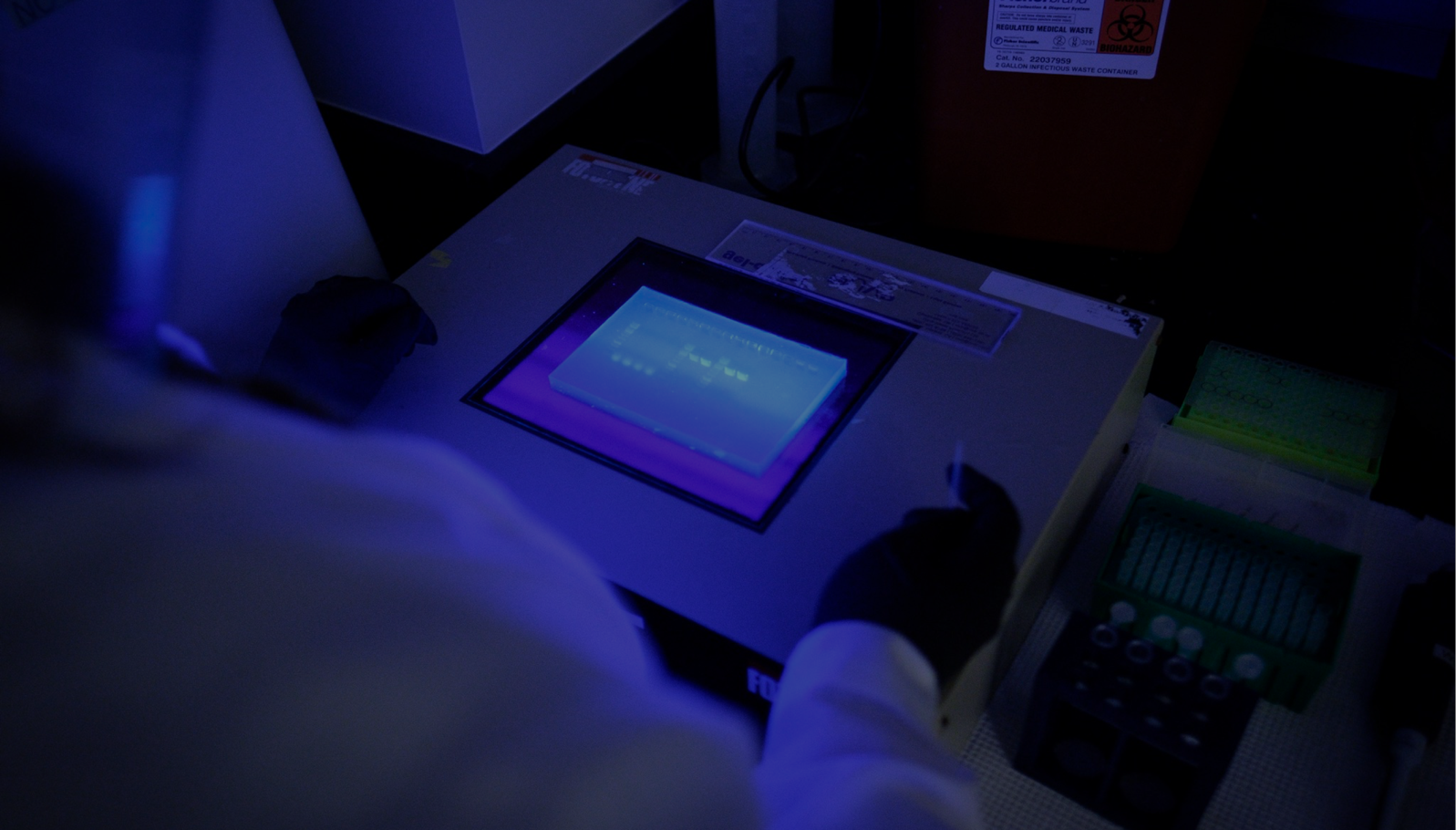Overview
All men are at risk for prostate cancer. Out of every 100 American men, about 13 will get prostate cancer during their lifetime, and about 2 to 3 men will die from prostate cancer. The most common risk factor is age. The older a man is, the greater the chance of getting prostate cancer.
Some men are at increased risk for prostate cancer, for example African-American men and men who have a family history of prostate cancer.
Diagnosis includes a prostate specific antigen (PSA) test. If this is abnormal, doctors may do more tests (e.g., a biopsy) to find or diagnose prostate cancer. If prostate cancer is diagnosed, other tests are done to find out if cancer cells have spread within the prostate or to other parts of the body.
Treatment options include active surveillance, surgery, and external or internal radiation therapy.
Other therapies currently under investigation include: cryotherapy, chemotherapy, biological therapy (which works with the body’s immune system), high-intensity focused ultrasound and hormone therapy.
Source: Centers for Disease Control and Prevention
or Disease Control and Prevention
OUR FOCUS
CERID’s prostate cancer research is focused on kinase targeted therapeutics and better understanding the molecular pathways involved in metastasis.
Associated labs



